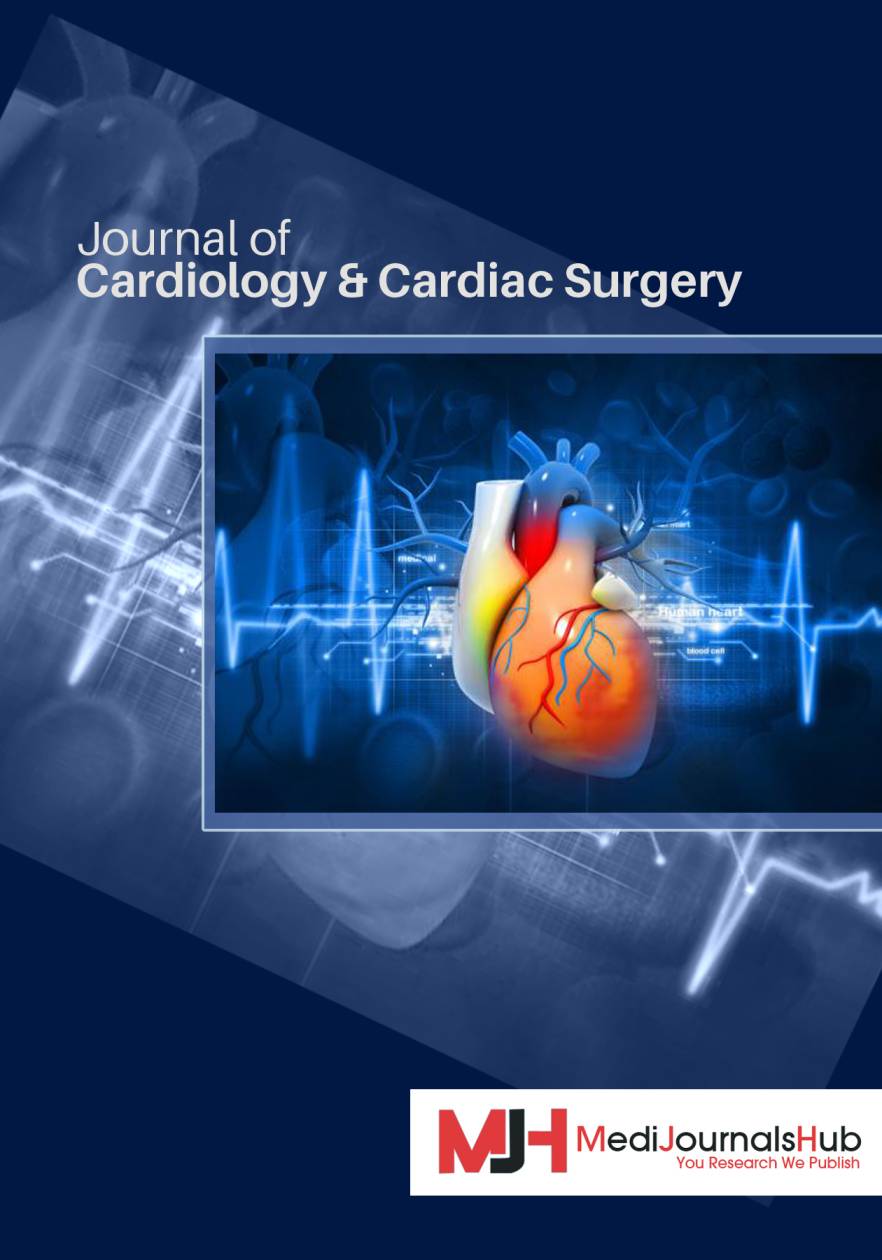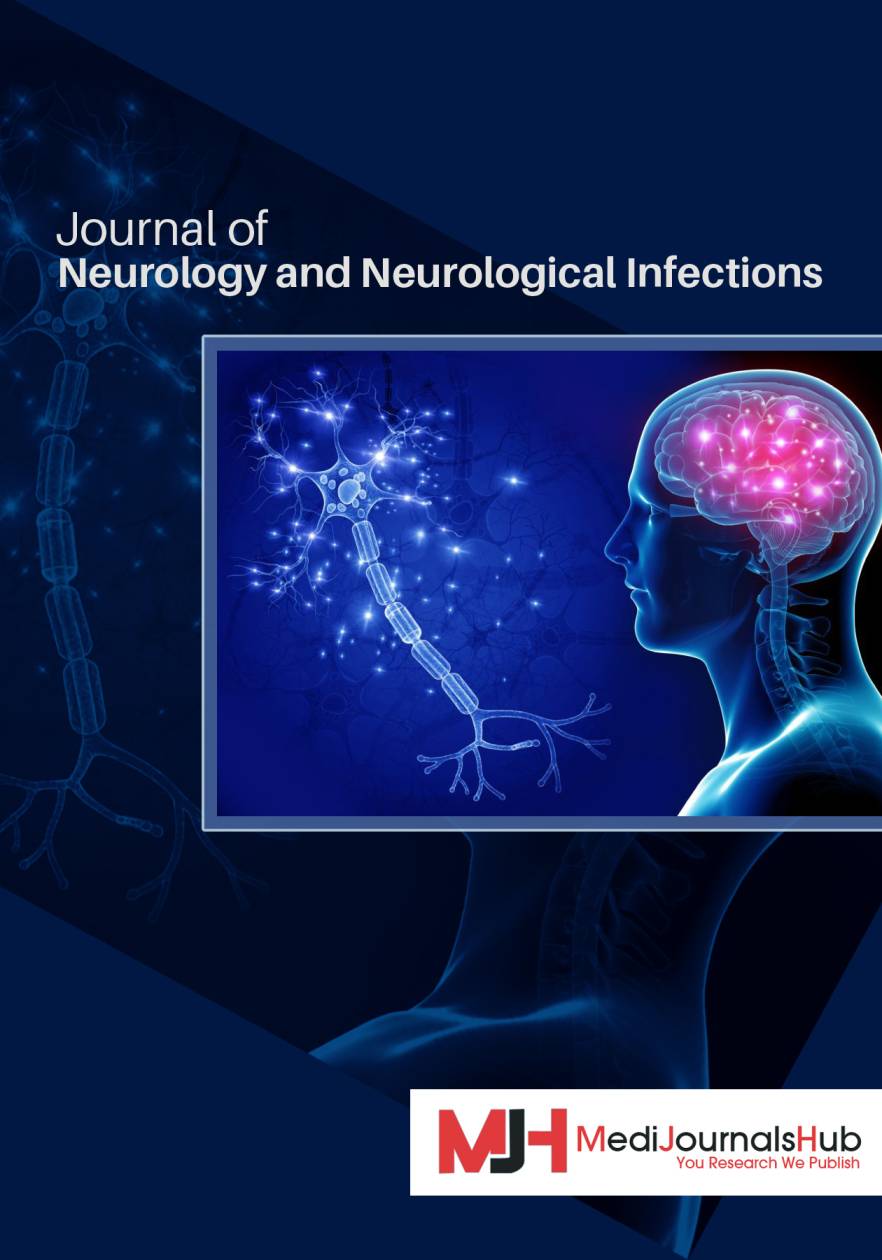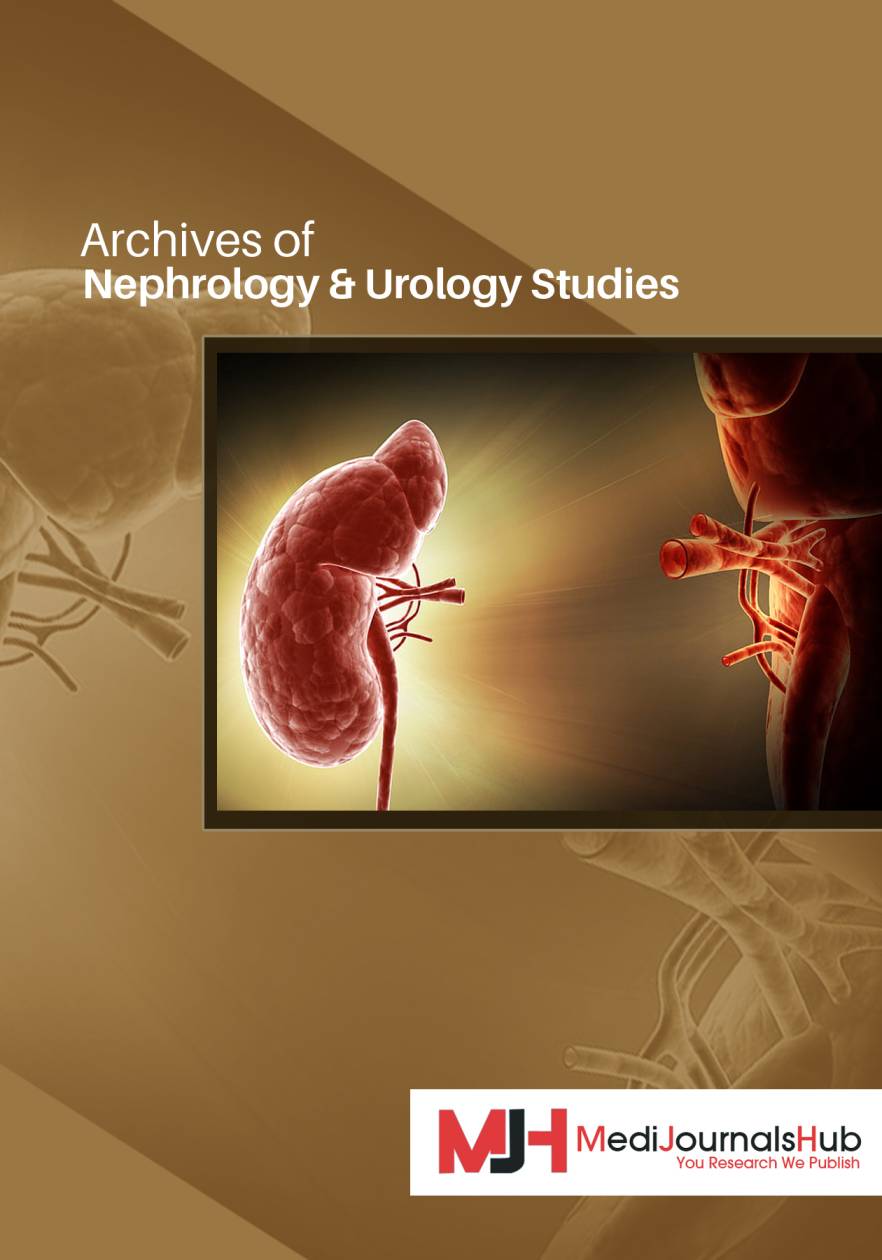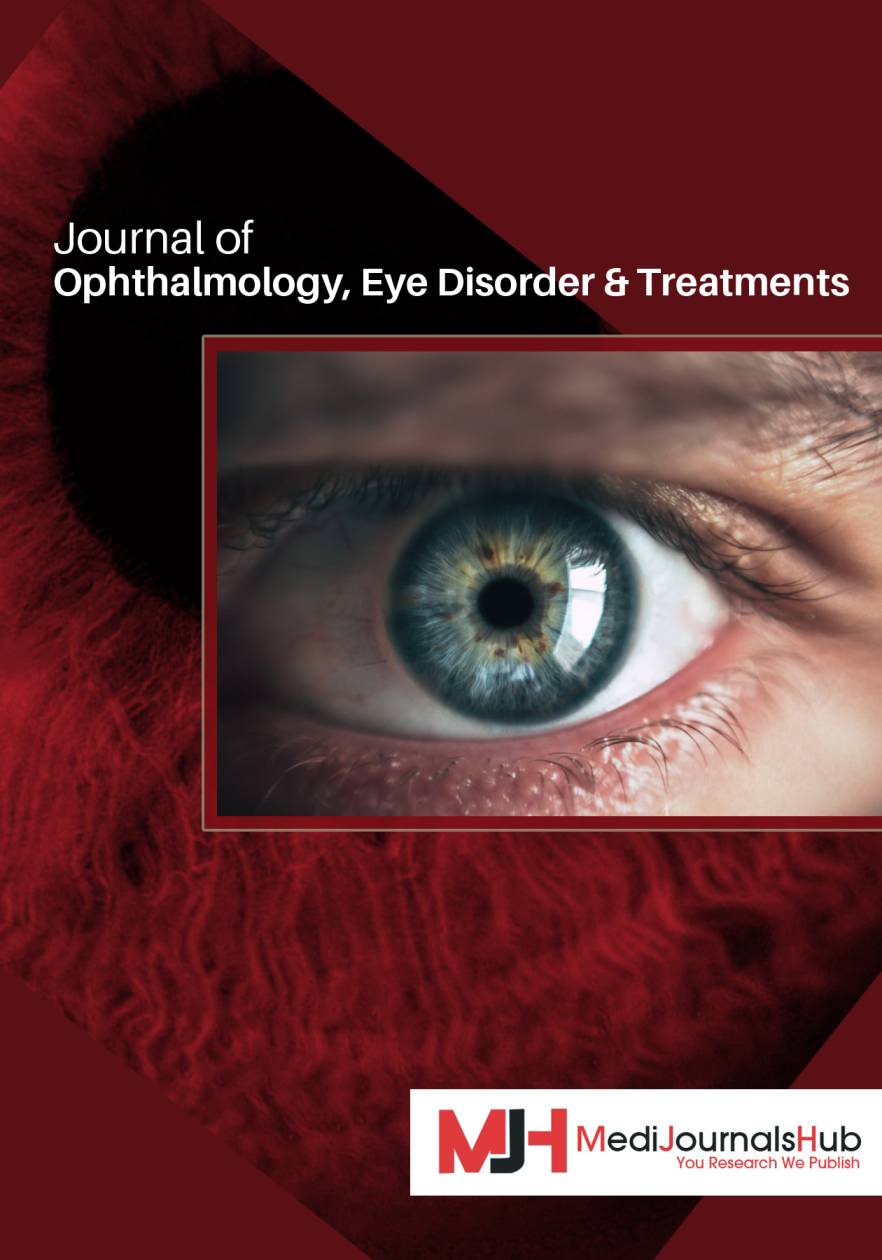- Open-Access Publishing
- Quality and Potential Expertise
- Flexible Online Submission
- Affordable Publication Charges
- Expertise Editorial Board Members
- 3 Week Fast-track Peer Review
- Global Visibility of Published Articles
QT Interval Changes in Patients Receiving SARS-COV2 Treatments
Saeide Bahrani Mehrzad Salmasi Masoumeh Sadeghi Fatemeh Nouri Hamidreza Roohafza Forogh Soltaninejad Zahra Teimouri-jervekaniAbstract
Background: Definite treatment for the COVID-19 is not approved. The advantages and disadvantages of treatment options have to be considered in all patients.
Aims: In this study we aimed to determine corrected QT (QTc) interval changes based on the treatment options which can potentially prolong QT interval and possible consequences.
Methods: 256 admitted patients with the diagnosis of SARS-CoV2 infection enrolled. The QTc interval, at the time of admission and maximal value during hospital stay was evaluated. ΔQT for calculated. QTc was compared between critically ill patients and patients discharged in different groups of treatment including no drug, Hydroxychloroquine, Azithromycin, Lopinavir/Ritonavir (kaletra), and Oseltamavir.
Results: The mean age was 59.4 (15.68) years. Approximately 40 % of increases in QT interval was less than 40 ms. ΔQT increased significantly among critically ill patients during hospital stay and it was also significantly higher at the baseline in these patients (p value: 0.014). After adjustment of patients for confounding variables ANOVA test revealed no significant difference between different drug groups (p value=0.857). There was no significant correlation between HCQ dosage and ΔQT (p value=0.656).
Conclusion: QTc interval increases significantly among critically ill patients during hospital stay. Short-term therapy of alone or in combination therapy of Hydroxychloroquine with other potentially QTc-prolonging drugs for treatment of patients with COVID-19 infection seems to be safe. Other comorbidities and severity of disease may be the main risk factors of QTc prolongation.





